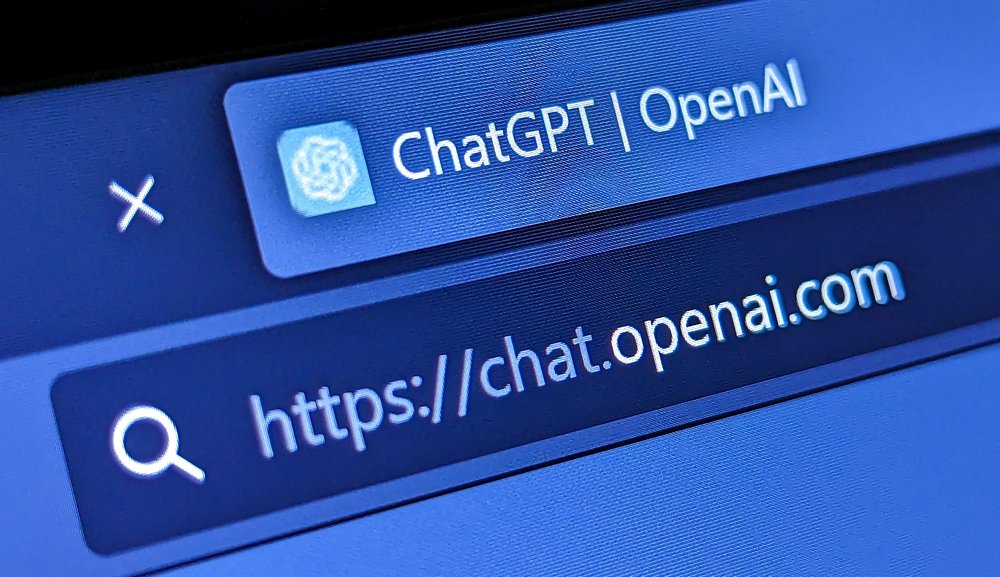Election misinfo, AI-proof jobs and ChatGPT in schools: How AI could reshape NYC
June 21, 2023, 1 p.m.
A roadmap released Wednesday by the Manhattan Borough President gives recommendations for how city institutions can prepare for the artificial intelligence revolution.

Artificial intelligence has the potential to grow New York City’s economy, but it also poses a threat “with the potential to displace workers, amplify bias, spread misinformation, infringe on copyrights, and undermine privacy.”
That’s the main thrust of a roadmap released Wednesday by the office of Manhattan Borough President Mark Levine about generative AI – tools that can create text or images in response to prompts from users. The most popular example, ChatGPT, only became available to the public late last year — but it’s already reshaping life as we know it, the report’s authors argue. Levine’s office says careful planning will help the city channel the powerful potential of ChatGPT and other generative AI models while preparing for the disruptions they are already causing.
The report aims to launch policy and legislative discussions by spotlighting the city industries most likely to benefit and most at risk of being disrupted by generative AI tools. The report builds on concerns and suggestions raised during a closed-door meeting, reported by Gothamist earlier this year, with AI experts, elected officials and other stakeholders.
Levine’s office now recommends that industry leaders in writing, graphic design, customer service, accounting and other fields explore ways to retrain entry-level workers into “more ‘AI proof’” sectors. They also suggest special instruction in ChatGPT for current trainees.
The roadmap also recommends AI strategies for city agencies, schools, employers, content creators and participants in local elections. It states that each city agency needs to create a policy for how its employees may use ChatGPT and related tools — and encourages them to explore ways to incorporate generative AI into their daily work. The report also calls on the city to only use tools that respect the intellectual property of the artists and writers whose work has been used to train them.
New York City schools, meanwhile, should be actively instructing their students in the use and limitations of generative AI systems, the roadmap states. Kids should also get special instruction in how to recognize deepfakes, misleading synthetic images of people or events, since generative AI tools have made their creation a lot simpler.
Educators, too, will need special training on how to adjust their pedagogy to a post-ChatGPT world, “much as math instruction was adapted after calculators became ubiquitous,” the report states.
Like students, local election officials will also need to be more mindful of AI-enhanced misinformation, the report says. Without the media scrutiny of national elections or rules that require campaigns to clearly label AI-generated content, the roadmap argues, “hundreds of candidates for New York Council in each election cycle would have the ability to fabricate harmful content about opponents with tools that are free and nearly instantaneous.”
Finally, the report says, New York City should fund a new research institute dedicated to the creation of safe, ethical and reliable AI systems. The city’s rich landscape of startups, researchers and AI giants makes it a natural leader in AI policy, according to the roadmap.
Levine said that guardrails are essential in order to use ChatGPT and other tools safely.
“At the end of the day, it’s the human beings that have to take responsibility for the fairness and accuracy of everything we produce,” he said.
Attendees of the closed-door meeting told Gothamist they discussed how generative AI models could help New Yorkers navigate the complicated process of applying for food assistance or affordable housing, as well as how the models could fundamentally change education.
New York City Council Member Jennifer Gutiérrez, who chairs the Council’s technology committee and attended the closed-door meeting, praised the roadmap as a “critically important framework” for staving off the most catastrophic effects of ubiquitous AI.
“If we don’t quickly adopt policies to regulate AI, we risk significant societal consequences in misinformation, educational and employment disruption, and AI’s biases skewing automated decision-making, with real-world impacts for us all,” she added.
Tuesday’s roadmap is not the first government document to sound the alarm about language models’ disruptive potential. A February report by the state comptroller’s office said that city agencies’ inconsistent and unregulated use of AI could put New Yorkers at risk.
City officials have already put some restrictions on the use of artificial intelligence tools like ChatGPT. Earlier this year, the city’s education department banned the chatbot on devices and networks it runs. Starting in early July, employers will have to notify New York City job seekers if their applications are being processed with substantial help from AI screening tools.
Reuben Torres, press secretary for the Manhattan Borough President’s office, noted that he and his coworkers embrace the use of generative AI models in their own work.
“It’s basically the 5th member of our comms team,” he said. “We call [it] ChatBP.”
That friendliness extends to the new report itself. “Note: The executive summary of this document was written by ChatGPT,” it reads.
New York has new rules on AI hiring tools. Here’s how the changes might help or hinder your job prospects. Politicians can’t tell the difference between AI chatbots and human constituents